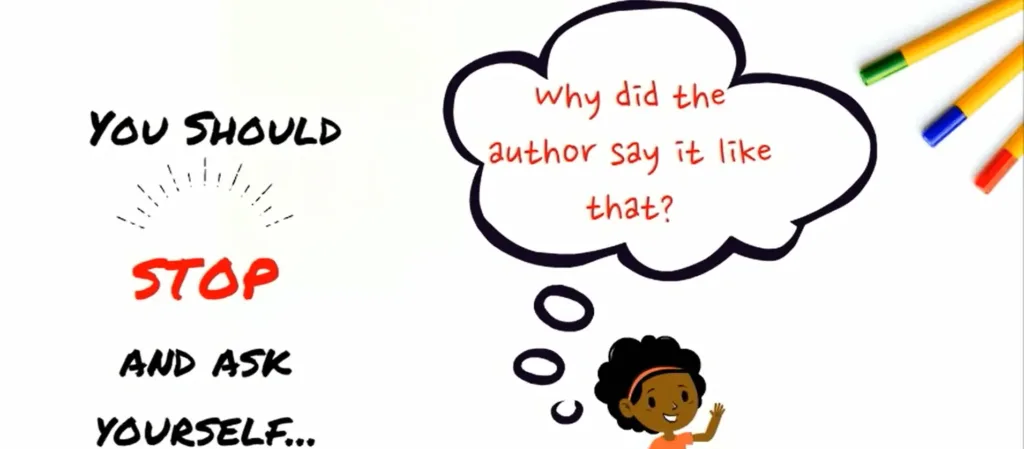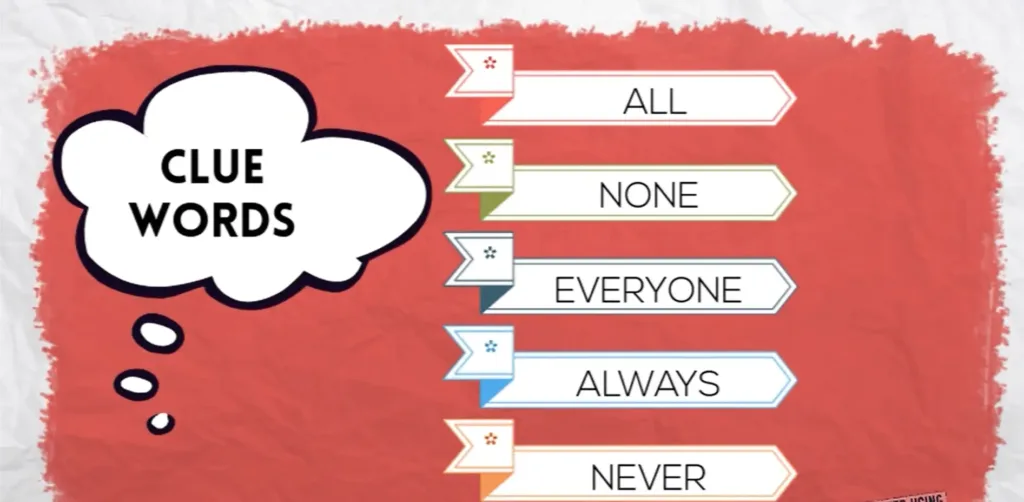Have you ever felt manipulated by a headline claiming “the best” or “the worst,” or found yourself emotionally charged by a speech filled with absolutes? Well, Extreme or absolute language fills our everyday media and chats and affects how we feel and what choices we make. Knowing how powerful these words are can help you avoid being tricked and encourage you to communicate more clearly. Let’s uncover how extreme language works, its impacts, and how to handle it wisely in our world full of information.
What is Extreme or Absolute Language
“The language that is beyond the ordinary or usual is termed as extreme language. It is characterized by excess or exaggeration and is often used to emphasize the intensity or severity of a situation or experience1. It can imply a lack of balance or moderation.”
When authors use extreme language, they’re leaving no room for doubt or compromise. It can make things seem more extreme than they really are. When you come across this kind of language, it’s important to question why the writer is using it and how you should react to it.
How can we Break Extreme or Absolute Language in easy words?
Extreme or absolute language refers to the use of words or phrases that express definitiveness, and leave no room for middle ground or ambiguity. Such language often includes superlatives e.g., “best smile,” “biggest”, quantifiers e.g., “always,” “never”, and absolutes like “everyone,” and “no one”. This linguistic style is characterized by its lack of qualifiers that might soften or limit the scope of a statement.
What should you do when see Extreme or absolute language?
When you experience absolute language in a text, it’s important to STOP and take a moment to reflect on the author’s choice of words. Here’s the detail on what should you do next:
Pause and Reflect
In this scenario, don’t just accept the statement at face value. Stop and consider why the author chose to use such strong language.
Question the Author’s Intent
Ask yourself, “Why did the author say it like that?” This can help you understand the author’s intent and the effect they’re trying to achieve. Are they trying to persuade, shock, or provoke a reaction?
Identify Biases
Consider what the language reveals about the author’s biases or purpose. Does the use of extreme or absolute language indicate a strong bias or a particular agenda? Remember, authors may use such language to manipulate readers’ emotions or perceptions.
Deeply Analyse Statement
Is the statement an exaggeration or an oversimplification? Does it ignore nuances or complexities? Extreme language often lacks balance and can distort the truth.

Extreme or Absolute Language Examples
Recent studies, like cognitive psychology, show that strong language can greatly affect how people think and make decisions. For instance, political campaigns frequently utilize absolute language to rally support or denounce opposition, as seen in slogans that claim a candidate is “the only choice” for change.
Similarly, in advertising, products are often marketed as “the best” in the market to evoke a sense of superiority and necessity.
With the rise of digital media, extreme language is even more common. Headlines often use strong words to grab attention quickly in a world full of information. For instance, a news headline might say, “This is the worst economic downturn in history,” to get readers interested right away, even if it’s not entirely accurate.
Absolute Language Signpost Examples
Here, are some most commonly used examples to understand the signpost absolute language.
- This is the absolute truth.
- It is an absolute fact that the Earth revolves around the Sun.
- She has absolute authority over the team.
- All the teachers in this school are so strict.
- That was the funniest movie ever.
- I can’t wait for lunch. I’m starving.

Most Commonly Used Absolute Words
- hungriest, funniest, starving, meanest
- every, always, indisputably, unarguably, none, never, no one
- completely, no doubt, without question
- ever, very, all
- severe, massive, all-knowing
- entirely, worst, best
You can also give a read to reset button on Hisense TVs.
FAQs
What are the words of absolute or extreme language?
These are the words or phrases that express certainty, finality, or exaggeration, such as “always”, “never”, “best”, “worst”, etc.
What is extreme language?
We experience excess exaggeration which is used to clear the intent and emphasize the intensity of the situation.
Why do authors use absolute language?
Authors use absolute language to emphasize a point, express strong emotion, or persuade the reader. It can also be used to establish authority or credibility.
Wrapping Up
Absolute and extreme language are powerful tools in communication, used to stress a point or express strong emotion. While absolute language conveys certainty and finality, extreme language is characterized by exaggeration or intensity. Authors often use these to persuade readers, establish authority, or create a specific effect.




